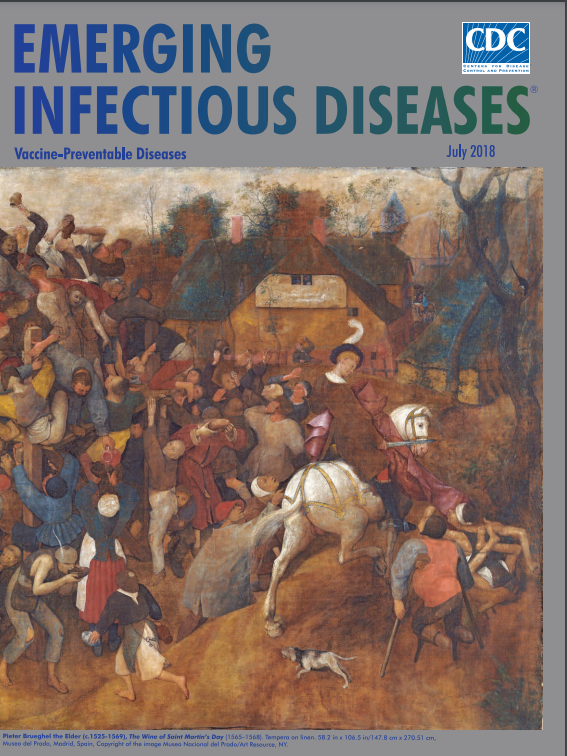PUBLICATION DETAILS

Diversity of Influenza A(H5N1) Viruses in Infected Humans, Northern Vietnam, 2004-2010
Imai H, Dinis JM, Zhong G, Moncla LH, Lopes TJS, McBride R, Thompson AJ, Peng W, Le MTQ, Hanson A, Lauck M, Sakai-Tagawa Y, Yamada S, Eggenberger J, O'Connor DH, Suzuki Y, Hatta M, Paulson JC, Neumann G, Friedrich TC, Kawaoka Y
10.3201/eid2407.171441 24/07/2018
PMID: https://pubmed.ncbi.nlm.nih.gov/29912683/
Abstract
The severe acute respiratory syndrome coronavirus 2 (SARS-CoV-2) virus is causing a global pandemic, and cases continue to rise. Most infected individuals experience mildly symptomatic coronavirus disease 2019 (COVID-19), but it is unknown whether this can induce persistent immune memory that could contribute to immunity. We performed a longitudinal assessment of individuals recovered from mild COVID-19 to determine whether they develop and sustain multifaceted SARS-CoV-2-specific immunological memory. Recovered individuals developed SARS-CoV-2-specific immunoglobulin (IgG) antibodies, neutralizing plasma, and memory B and memory T cells that persisted for at least 3 months. Our data further reveal that SARS-CoV-2-specific IgG memory B cells increased over time. Additionally, SARS-CoV-2-specific memory lymphocytes exhibited characteristics associated with potent antiviral function: memory T cells secreted cytokines and expanded upon antigen re-encounter, whereas memory B cells expressed receptors capable of neutralizing virus when expressed as monoclonal antibodies. Therefore, mild COVID-19 elicits memory lymphocytes that persist and display functional hallmarks of antiviral immunity.
Keywords: COVID-19; SARS-CoV2; adaptive immune response; human; memory B cell; memory T cell; monoclonal antibody; vaccine.
Copyright © 2020 Elsevier Inc. All rights reserved.